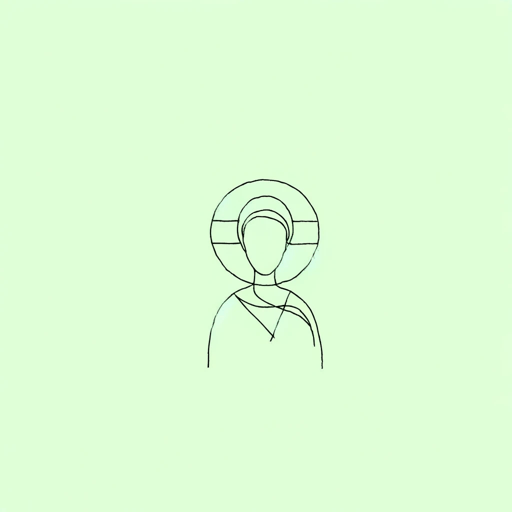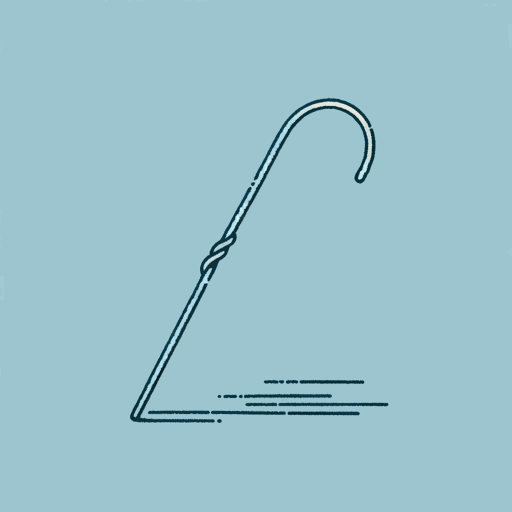30 pages • 1 hour read
Flannery O'ConnorEverything That Rises Must Converge
Fiction | Short Story | Adult | Published in 1965A modern alternative to SparkNotes and CliffsNotes, SuperSummary offers high-quality Study Guides with detailed chapter summaries and analysis of major themes, characters, and more.
Important Quotes
“She would not ride the buses by herself at night since they had been integrated, and because the reducing class was one of her few pleasures, necessary for her health, and free, she said Julian could at least put himself out to take her, considering all she did for him.”
(Page 184)
This is just the second sentence of the story, yet it already reveals a significant amount of important information about Julian and his mother. Julian’s mother’s racism is immediately apparent from her refusal to ride the integrated buses, as is the mother and son’s antagonistic relationship. Finally, Julian’s mother emphasizes that the class is “free,” suggesting her poor economic situation.
“Two wings of gray hair protruded on either side of her florid face, but her eyes, sky-blue, were as innocent and untouched by experience as they must have been when she was ten.”
(Page 184)
Julian’s mother is an elderly woman, but she is often described as innocent and even childlike. This implies her tendency to live in the past and her inability to accept the changes associated with the modern world. With her views on race and class, she is essentially still living in the world of her childhood.
“Since this had been a fashionable neighborhood forty years ago, his mother persisted in thinking they did well to have an apartment in it.”
(Page 184)
The neighborhood that Julian and his mother live in is another example of their diminished social standing and Julian’s mother’s refusal to acknowledge the change. She continues to believe they are well-off even though they live in a shabby neighborhood, take the bus, and have little money. Julian sees this as “insensitivity” (187) on his mother’s part; she has lost her appreciation for nice things, while Julian believes that he deserves better because he sees their value.
Related Titles
By Flannery O'Connor

A Good Man is Hard to Find
Flannery O'Connor

A Late Encounter with the Enemy
Flannery O'Connor

Good Country People
Flannery O'Connor

Parker's Back
Flannery O'Connor

The Displaced Person
Flannery O'Connor

The Life You Save May Be Your Own
Flannery O'Connor

The Violent Bear It Away
Flannery O'Connor

Wise Blood
Flannery O'Connor

